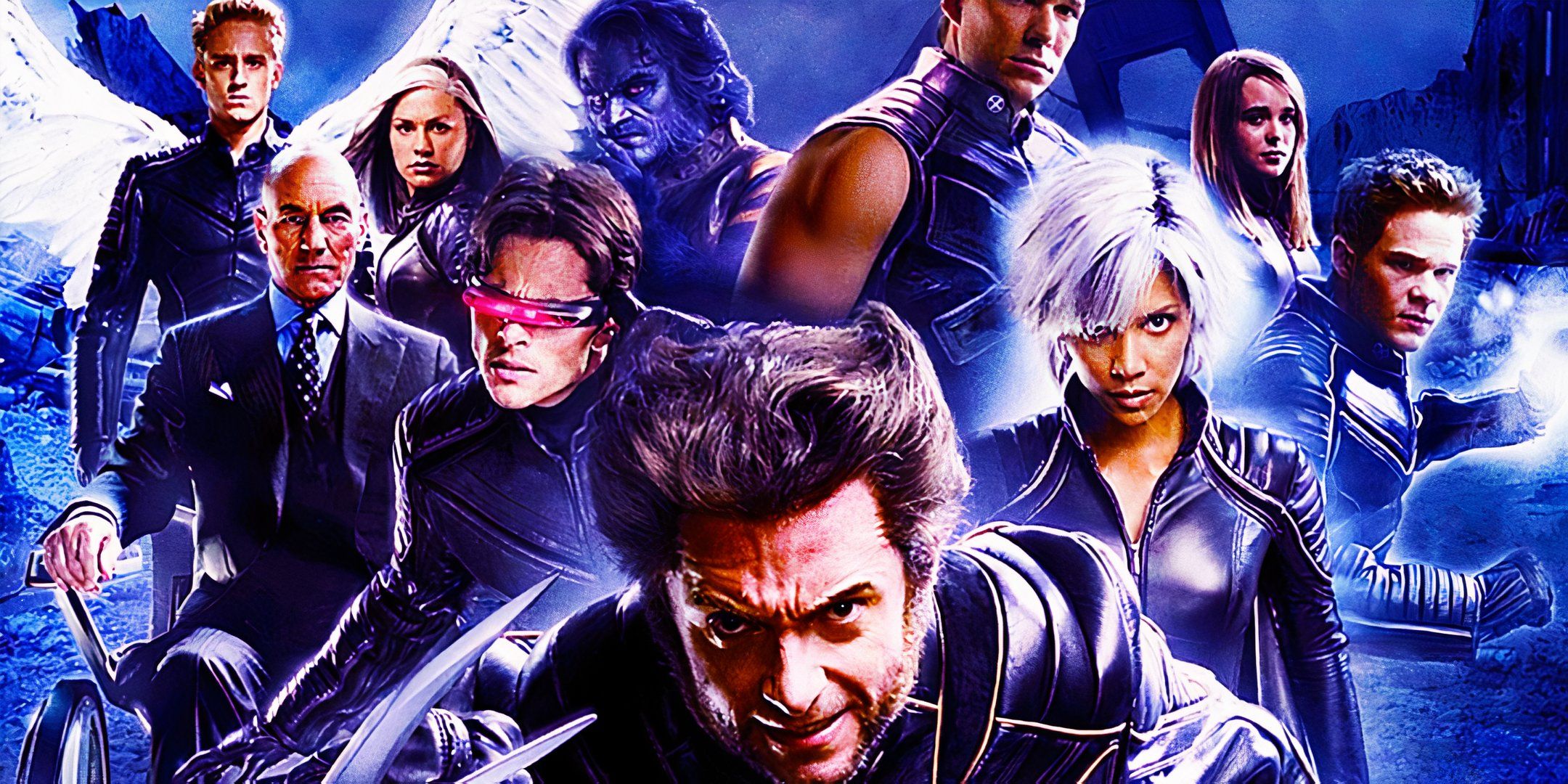[[{“value”:”
The X-Men franchise has seen its fair share of highs and lows throughout the years, from game-changing storylines to disappointing duds. One recent surprise was the cancellation of Weapon X-Men, a series that was supposed to be an ongoing hit. As the dust settles, Marvelhas finally addressed the unexpected end of the series, with editor Tom Brevoort offering his thoughts on why it happened.
Weapon X-Men, written by Joe Casey and illustrated by Chris Cross, featured a dynamic team that included Wolverine, Cable, Chamber, Thunderbird, and Deadpool. Brevoort explained in a recent blog post that titles that fail to capture an audience early rarely turn things around.
The plain fact of the matter is that in my experience, I can’t think of any instance where a failing title suddenly experienced a turn-around and became a solid seller. So the fact of the matter is that the best chance you have to capture enough of an audience is with issue #1, at the launch. And if you don’t, it’s unlikely that you’re going to suddenly be able to turn things around later.
Despite a promising start and an exciting lineup, the series struggled to maintain any momentum. While Brevoort admitted that he wished Weapon X-Men had continued longer, it seems as if its cancelation was inevitable.
The Real Reason Behind Weapon X-Men’s Cancellation
Marvel Breaks Silence on Weapon X-Men’s End
After just five issues, the cancellation of Weapon X-Men caught fans off guard. The story, which featured Deadpool betraying the team and handing Wolverine over to Baron Strucker, failed to capture the lasting interest of fans. According to Brevoort, the reality is that if a book struggles to gain readers early on, it will likely continue to underperform in later issues. He explained that the notion of giving a failing series more time to find its footing is a common misconception. Despite a star-studded creative team, Weapon X-Men couldn’t generate enough buzz to keep going.
Related
Marvel’s New Phoenix Is Stupidly Strong, And Now We Know What Makes This Jean Grey So Different
Jean Grey’s power creep strikes once again, as she now draws her powers from more than just the Phoenix Force, but also a power out of this world.
Brevoort’s explanation may not shock seasoned comic fans who’ve witnessed similar cancellations in the industry. It reflects the growing trend of publishers prioritizing immediate success over long-term growth for newer series. The market for comics is increasingly competitive, and with the explosion of new titles, it becomes harder for any one book to carve out a lasting space. This pattern of canceling underperforming titles quickly has become standard practice, as the industry continues to evolve in response to reader preferences, threats of tariffs raising production costs, and fluctuating sales numbers.
A Pattern That Continues in the Comics Industry
Brevoort’s Insight and the Bigger Picture
The cancellation of Weapon X-Men reflects a broader shift in the comic book industry, where immediate success is often seen as essential for a series to survive. Series like Weapon X-Men simply cannot survive losing their initial heading, even if their characters can. While the news may be disappointing to fans invested in the book, Brevoort’s candid response provides valuable insight into the industry’s decision-making process. Whether this trend will change remains to be seen, but fans can look forward to the next batch of titles with a keen eye on how they perform out the gate.
Weapon X-Men #5 is available now from Marvel Comics.
Deadpool
The merc with the mouth first appeared in an issue of New Mutants in 1990, and since then has gone on to get his own series and a massive cult following. With his incredible powers of healing and regeneration, Deadpool was initially depicted as an X-Men villain but went on to become an anti-hero. After getting his own movie series starting in 2016, the third Deadpool movie finally brings the wisecracking, fourth-wall-breaking character into the Marvel Cinematic Universe.
Marvel
“}]] Marvel is finally telling us why it’s gone for good. Read More

